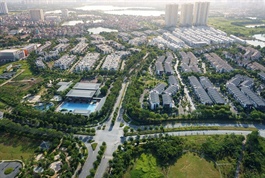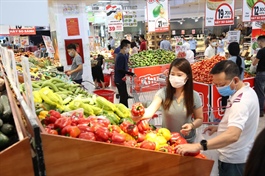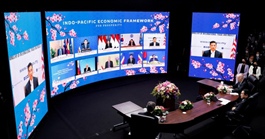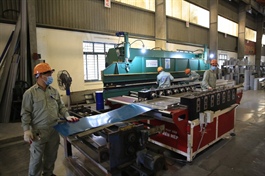Forum discusses promising prospects for UK-Vietnam trade
Forum discusses promising prospects for UK-Vietnam trade
British and Vietnamese firms need to have a good understanding of each other’s markets and quickly take advantage of the UK-Vietnam Free Trade Agreement (UKVFTA) to further promote trade and investment between the two countries.
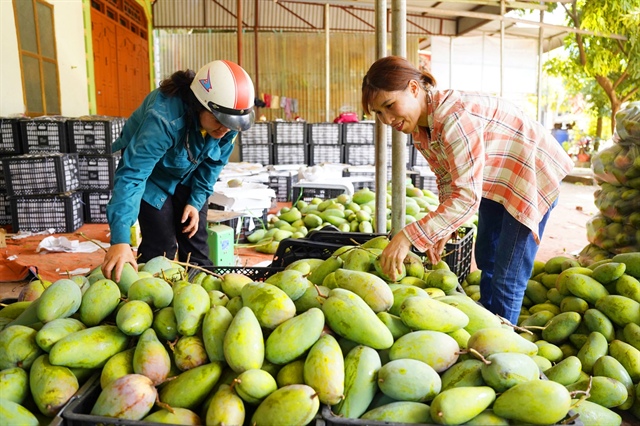
Mangoes enjoy immediate exemption for non-quota import tariffs in exports to the UK |
Massive potential
The UK-Vietnam Business Forum held in London in late May provided the two countries’ firms with opportunities to share information and seek partnerships to make good use of the UKVFTA.
Penny Mordaunt, Minister of State at the Australian Department for International Trade, said Vietnam is the most dynamic market in the Indo-Pacific and UK-Vietnam relations are growing strong. Bilateral trade turnover has doubled over the past decade and the UKVFTA has brought great benefits to sectors and firms from both countries, Mordaunt said, adding that the UK and Vietnam hold massive potential in trade and the two sides should cooperate to fully unleash it.
Vietnamese Ambassador to the UK and Ireland Nguyen Hoang Long said British firms can exploit opportunities in sectors where the UK has advantages, such as renewable energy, education and trade.
Christopher Jeffery, chairman of the British Chamber of Commerce in Vietnam (BritCham), called on British firms to come to Vietnam to seek trade and investment opportunities, especially in education, as Vietnamese parents are willing to spend big money on training courses for their children.
Ian Gibbons, CEO of the UK-ASEAN Business Council (UKABC), said Vietnam is not only an attractive market but also committed to building long-term partnerships and maintaining stability to ensure the rights and interests of foreign firms investing in the country.
Taking advantage of opportunities
With the effect of the UKVFTA in May 2021, items with immediate exemption for non-quota import tariffs include coffee, rambutan, mangoes, lychees, longan, dragon fruits and coconuts. Items such as shrimp, tuna, fragrant rice and other agricultural products are also exempted from tariffs under quotas. Many industrial products with immediate tariff exemptions include handbags, wallets, purses, briefcases, suitcases, protective shoes and sport shoes, underwear, bathrobes, nightwear, swimwear, handkerchief and shawl, gloves, leggings, blouses, and knitted shirts for women and girls.
In addition, many Vietnamese products have more competitive advantages than similar products made in China, India, Thailand, Malaysia, the Philippines, Indonesia and Brazil - countries that do not yet have free trade agreements with the UK.
Thai Tran, director of the TT Meridian, said that to boost bilateral business relations, it is crucial for Vietnam and the UK to provide their firms with better understanding of each other’s markets, including standards, consumer habits, business culture, and trade barriers.
| The UKVFTA brings not only direct benefits but also indirect investment benefits for Vietnam. British investors will increase their search for investment opportunities in Vietnam or move their production facilities to Vietnam so that products are tax-free when exported back to the UK. |




